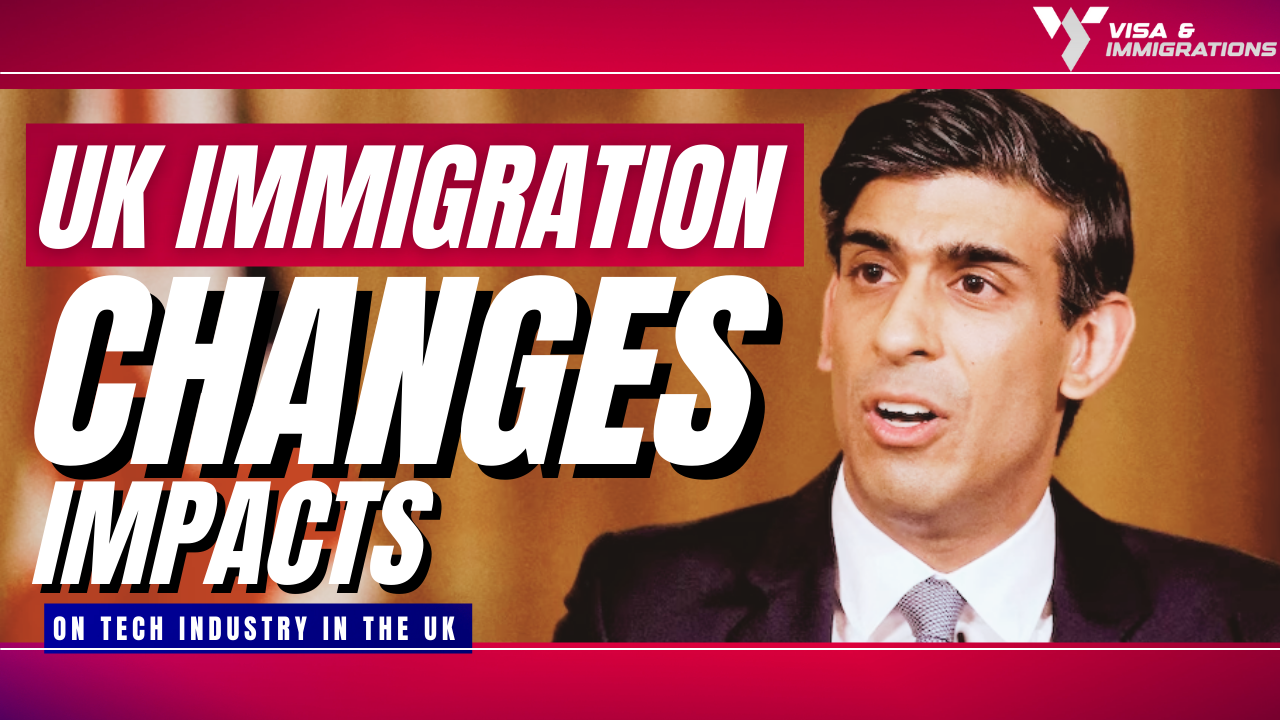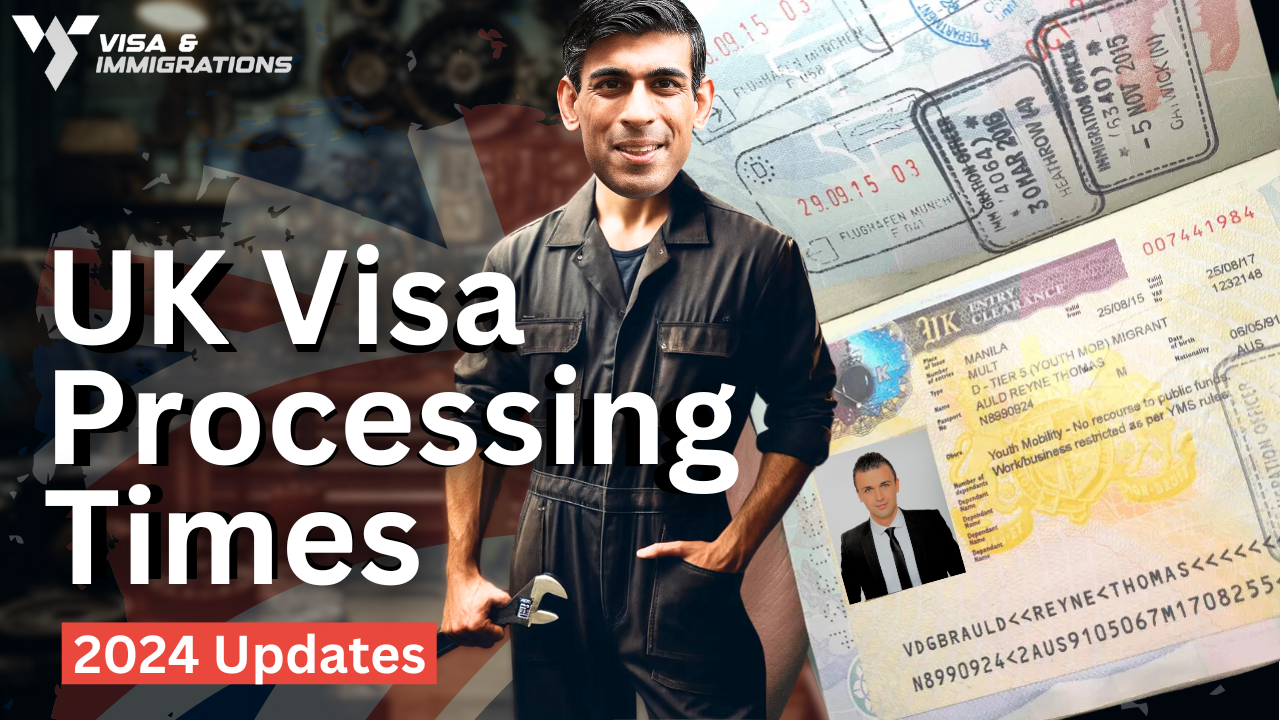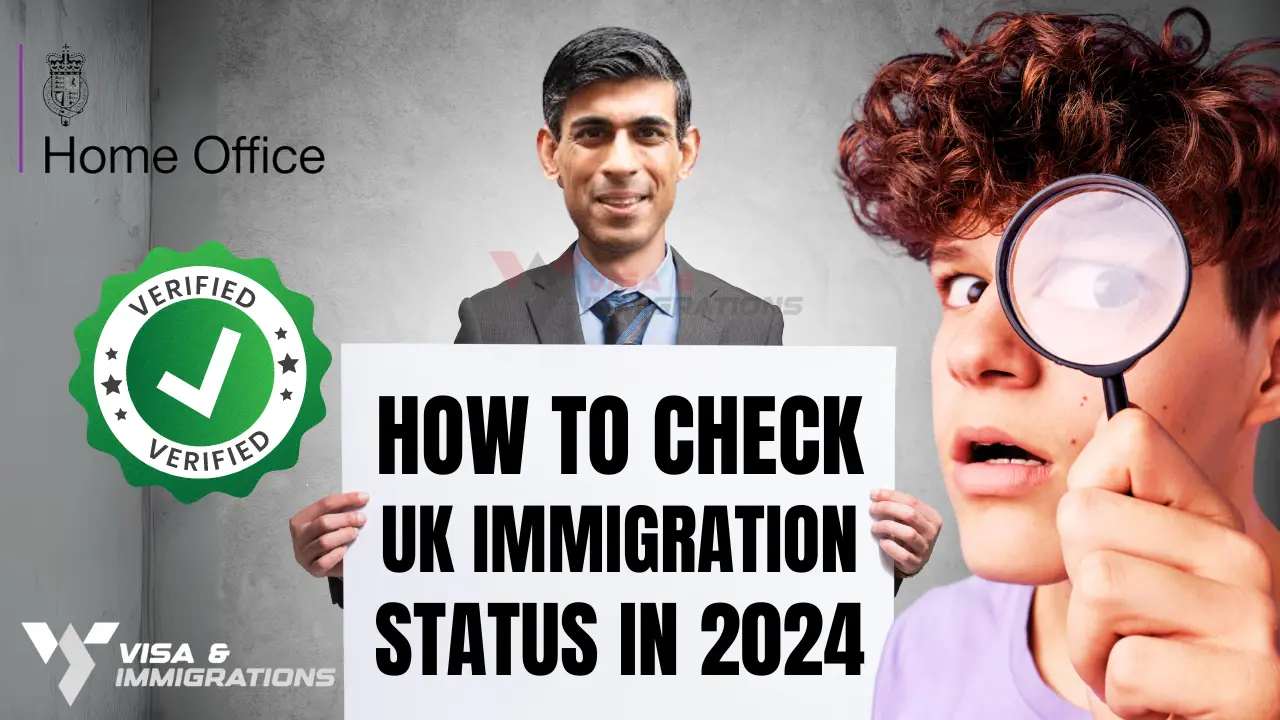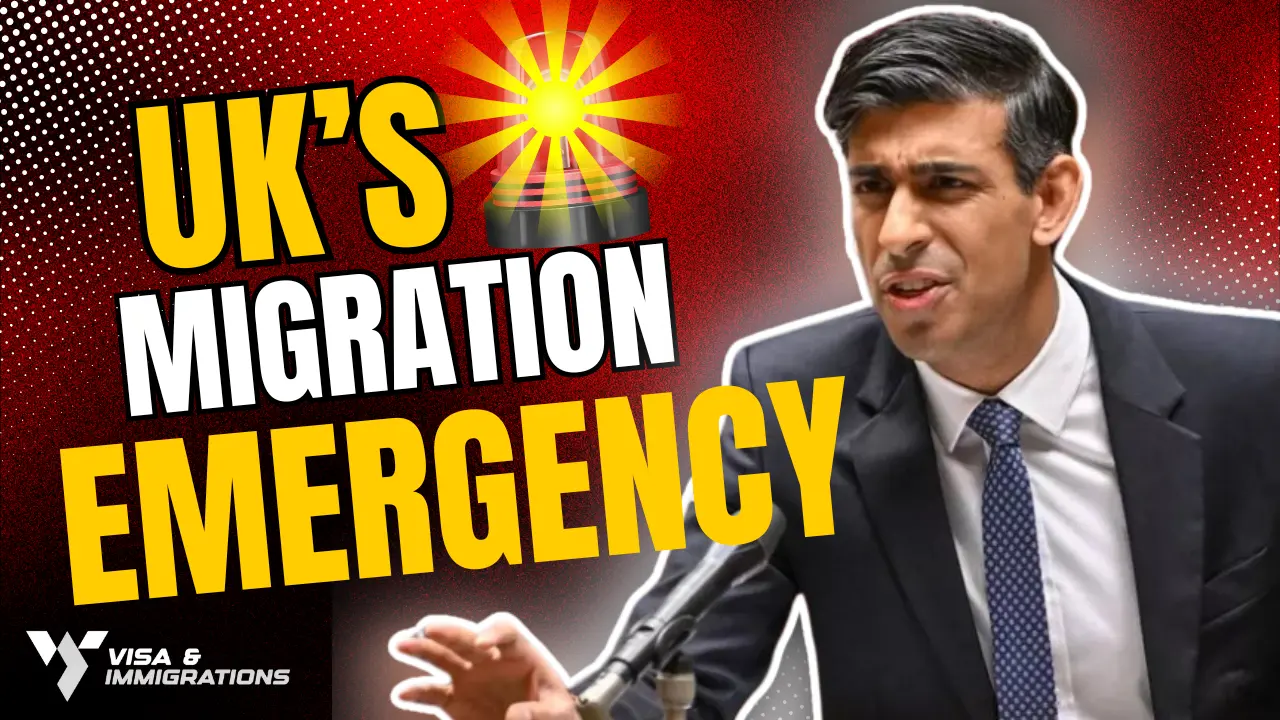In this Blog we will be discussing the Schengen Visa and what will the consequences be if a person overstay.
After the pandemic, COVID 19 traveling and entry requirements have become more convenient and people are encouraged to travel more for both work and pleasure. In this scenario, it is important to understand the consequences of overstaying using a Schengen Visa in the Schengen Area. The Schengen Area is the world’s largest “visa-free” area, which comprises 26 European countries.
How Long Are You Permitted to Stay in the Schengen Area?
All the non-European nationalities must follow the Schengen rule. Whereas some foreigners do not require a visa stamp in their passport to travel within Schengen Area, depending upon their citizenship (for example American nationals) do not need a stamp on their passport to travel, while others do, such as Indian nationals, the same rules apply to both groups.
For many people, a 90 days permit within a rolling period of 180 days is enough time to spend in the Schengen Area. But after the expiration of those 90 days, many may want to stay longer and probably wonder what would happen if they overstayed their Schengen Visa.
Penalties are different in every state for overstaying a Schengen Visa or staying beyond their permitted 90 days. The sanctions are different depending on the country where you will exit the Schengen Area.
It is also very important to know the fact that the 90/180-day rule applies to the countries with a visa waiver agreement with the Schengen Area. Consequently, it does not matter if a person has entered a Schengen Area with a Schengen Visa or a person belongs to a country to which a visa waiver has been applied. A person is not allowed to overstay, in any circumstances, the 90/180-day rule. It is also not important if a person overstays a Schengen Tourist Visa or any other Schengen Visa. Penalties apply to each situation, and if a tourist does not follow these rules, they might face significant consequences.
The System of Entry/Exit
The European Union Council has made a system for check and balance, the system is known as EES (Entry/Exit System). The main aim of this system is to facilitate the detection of overstay in the Schengen Area and to improve the access to information for travelers entering Europe. It also makes the documentation more faster and efficient at borders. It is expected to be operational by the end of September 2022.
Non-EU nationals will face an impact by the Entry/Exit System, especially short stay visa holders and visa exempted travelers, traveling to European Union countries. The new system replaces the passport stamp at the border checkpoint. Instead, the tourist will register their name, biometric data, travel documents, and place of entry and exit on the new digital system.
This will not only improve security measures at the borders of the Schengen Area but it will also facilitate detecting overstay.
Immigration authorities can access these data for visa issuance, border control, and other immigration matters.
An overstay cannot go unnoticed with the new upcoming EES and after the computerized visa checks are in place across the Schengen Area. Now the Immigration Authorities have registered the data of all those who have entered and left the Schengen Area, and of those who have different passports from various countries. If a person overstays either intentionally or unintentionally, it will be recorded and will face the consequences.
A few of the potential consequences of overstaying include the following:
- Ban— generally a ban is applicable to a person who overstayed and worked. It depends on the country and the length of overstay. The ban can be issued for a period of three or more years.
- Fine—- for overstaying it is the most common penalty, and like other penalties it depends on the country the individual stayed in. The amount for fines is applied differently which might affiliate with an entry ban.
Immediate Deportation—it depends on the country where a person overstayed and a specific situation. If a person was engaged in paid activities while staying illegally and overstaying a visa, the individual might face a trial which could result in jail time or a very high fine. If a person is found guilty he will then be deported to his home country and will be banned from entering Schengen Areas for a specific period of time.
The penalties might be different for every person depending upon their situation and circumstances, for overstaying a Schengen Visa. It is very important to know the fact it will be more difficult to travel in Schengen Areas in the future, especially after the new computerized system.
Be Cautious to Avoid Overstay
It is strongly advised to avoid overstaying even if a person has faced an accident or illness or in a situation that does not allow them to travel back to their home country in due time. It is not advised to violate Schengen rules under any circumstances. Schengen Visas are extended in very rare cases.
This is the end of today’s blog update. We hope you found this blog useful. Please don’t forget to support us by subscribing to our newsletter and sharing this blog with your friends and family on Facebook, Whatsapp, and Twitter.
Recent Posts:
- Europe’s New High-Speed Rails To Replace Planes
- UK Sets New Rule Changes To Family Settlement Routes
- UK To Introduce Electronic Travel Authorization
- The UK Introduces Legal Migration And Border Control Plan Part
- The UK Introduces Legal Migration And Border Control Plan












